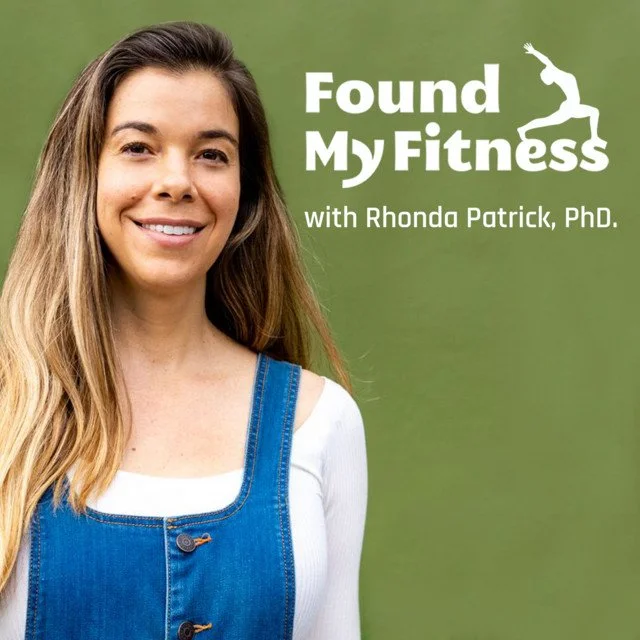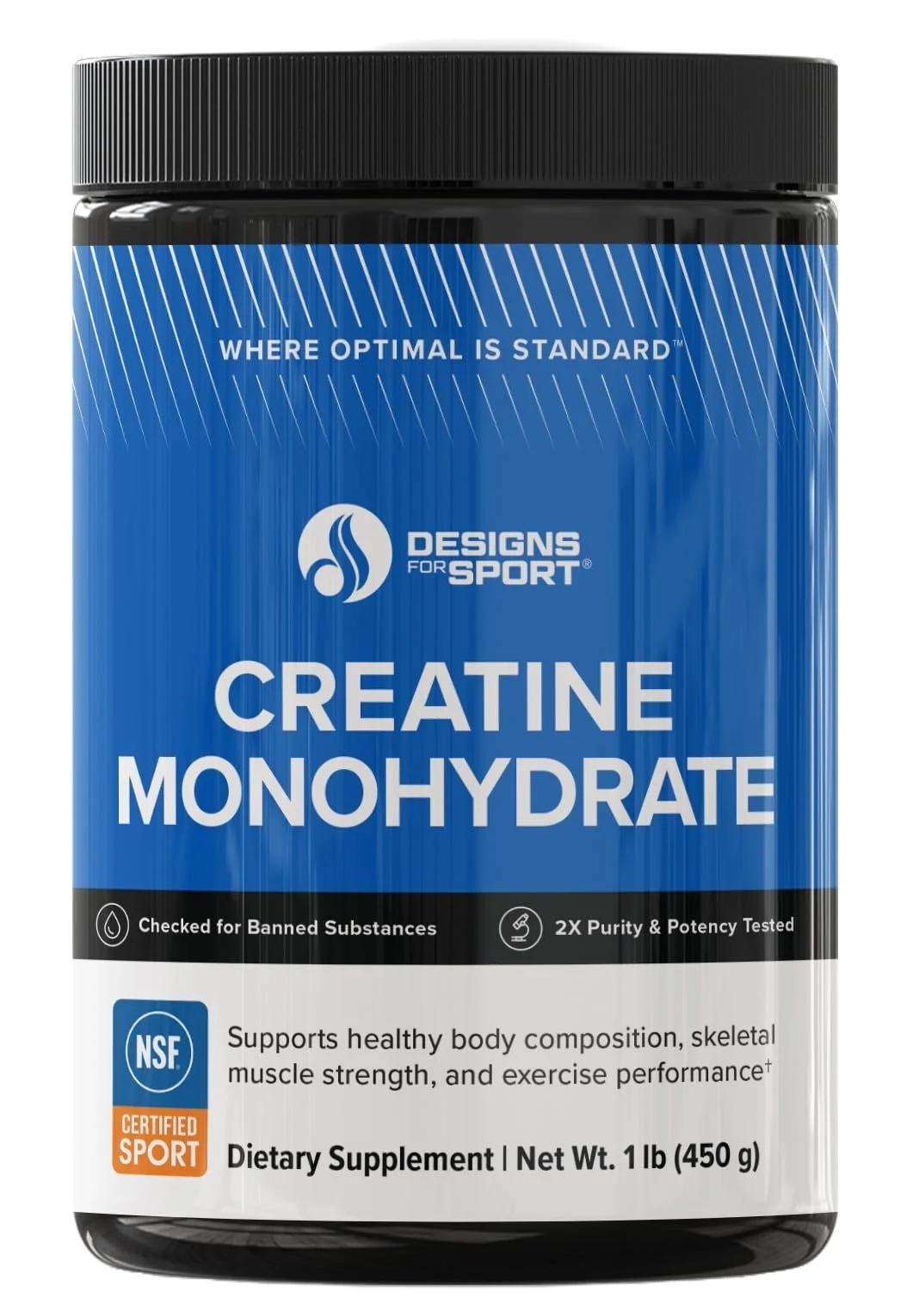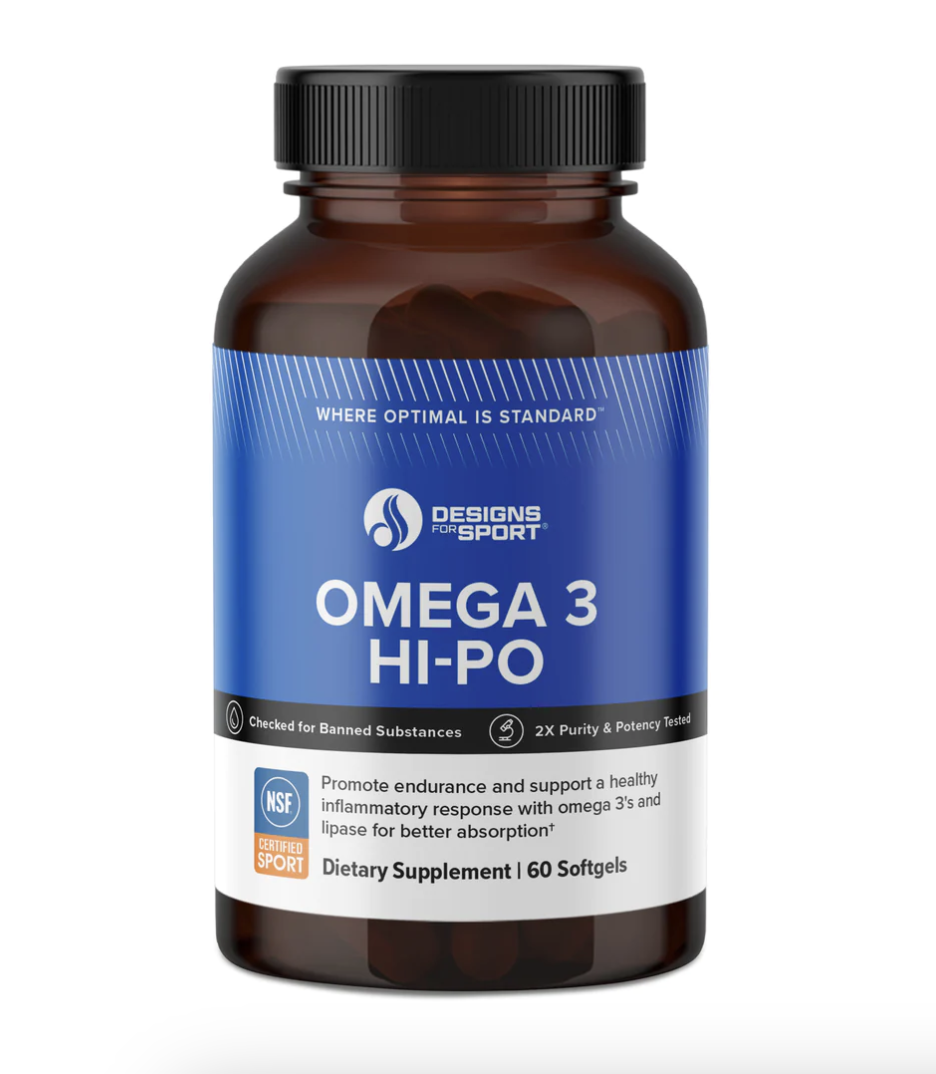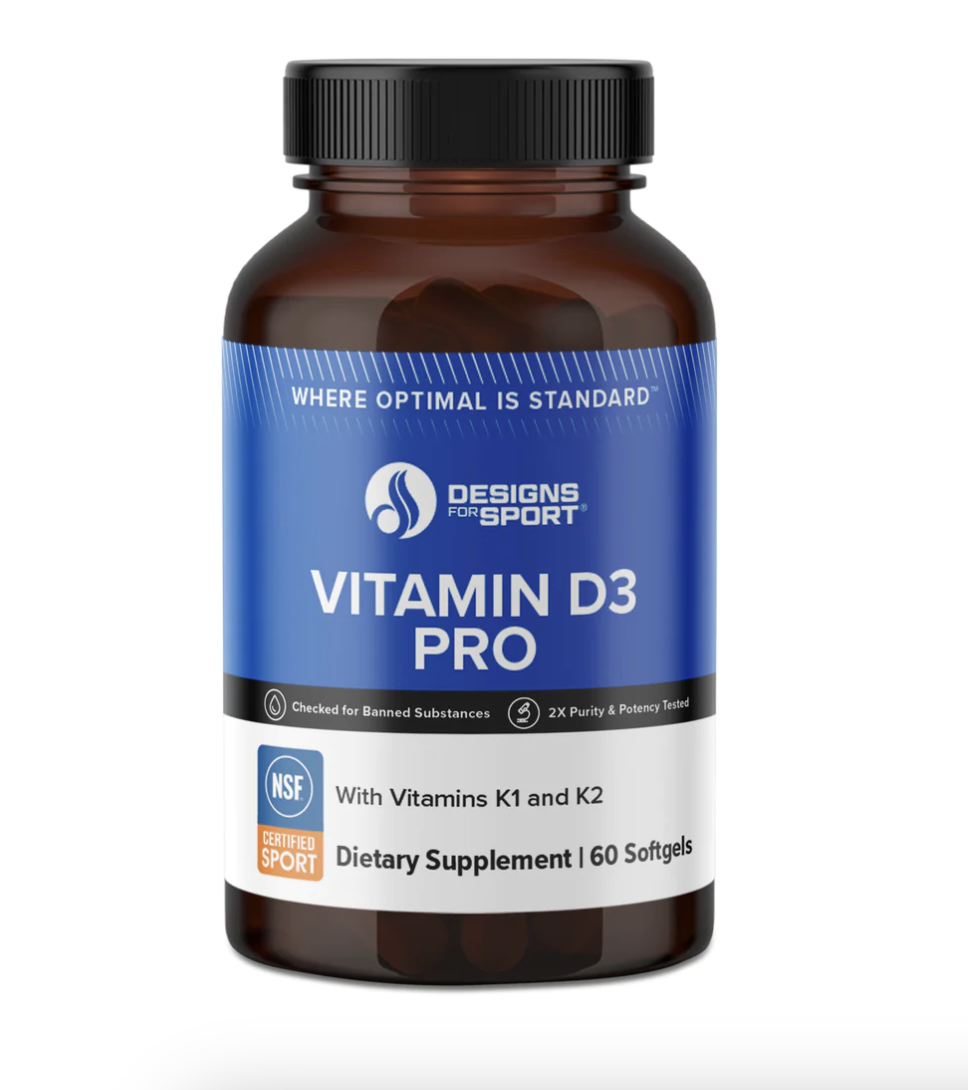Supplement Your Health
Thanks to the great work by individuals like Andrew Huberman, Peter Attia, and Rhonda Patrick, high quality information on supplements has never been more available. I know, personally, because these individuals are so bright, they tend to have A LOT of information on A LOT of supplements that can make it difficult to sift through for the answers to a lot of questions:
· What supplements do I actually need and how do I know I need them?
· What benefits do I get from the supplements I’m taking?
· How much of each supplement do I consume?
Before I go over the answers to these questions, I want to be clear that you do not need to take supplements. This is one of the main reasons some individuals use to push back against supplements. With an elite diet and great lifestyle choices, it is possible to get all the macronutrients, vitamins, and minerals that your body needs. But it’s just not realistic for anyone who would likely be reading this article.
I would love to be able to take a 30-minute walk every day to get the vitamin D that my body needs. Unfortunately, because of my work schedule and the geographical location I live, during the winter months there are multiple days where I show up to work before the sun is up, work all morning/afternoon indoors, and get home from work when the sun is setting (thankfully we’re past 4:00pm sunsets for the next handful of months).
In your personal situation, maybe you’re a picky eater. Any health guru online can tell you to get your micronutrients from kale, berries, liver (I’m looking at you Liver King), but if you can’t stomach any of these foods, then it doesn’t matter.
I consider myself a realist so I think everyone should be taking supplements to fill in the gaps that most individuals have. If you’re curious about your individual needs, the best way to know is to get blood work done through your primary care physician. Not only can this give insight on what you’re specifically deficient in, it can save you money by avoiding buying supplements to take that you’re currently sufficient in.
Without looking at your individual blood work, these are the top supplements I think many (but not all) people should be consuming:
Protein Powder
Protein repairs muscles, tendons, and ligaments after physical activity. Whether it’s a practice, game, or training session, these tissues are being broken down by stress and the goal is to build them back stronger so they can withstand the stress better the next time they encounter it.
The current recommended dietary allowance (RDA) for protein intake is .8g g/kg of body weight per day. This recommendation is extremely outdated and far too low. It was originally made in relation to the “nitrogen balance” of the body (consuming nitrogen in the form of protein to replace the nitrogen we exhale with every breath).
When looking at optimizing for your health, 1.2-1.7 g/kg of body weight per day is a better recommendation for athletes. The National Strength and Conditioning Association has highlighted plenty of research where athletes even consumed upwards of 2.3 g/kg of body weight per day during periods of calorie restriction and saw less lean body mass loss compared to groups of athletes with low protein and the same calorie restriction.
While most athletes know protein is important and are likely doing a “good enough” job of getting protein (likely on the lower end of the 1.2-1.7 g/kg of body weight range), adding a protein powder to your supplement routine should be a no brainer. There are many ways to consume protein without using a protein powder, but for an average NHL player (200 lb or 91 kg) to be on the upper end of recommendations (1.7 g/kg of body weight per day), this would mean consuming:
30 ounces of ground beef or..
27 ounces of salmon or…
24 ounces of chicken breast or…
18 ounces of turkey…
And that’s not even considering scenarios where they would eat upwards of 2.3 g/kg of body weight per day. Depending on what your diet looks like, this can be really challenging to get across three meals, especially if you want to go above the 1.7 g/kg of body weight recommendation.
Some individuals have the misconception that plant protein is “healthier” than whey protein because, well, plants. In reality, whey protein is the best option because it has the most complete amino acid profile. But, because whey is milk-based, some individuals don’t tolerate it well (regardless of being lactose intolerant or not). If you drink whey protein and find yourself burping, farting, or running to the bathroom quickly after consuming it, switch to a plant-based protein.
Creatine
Creatine is one of the supplements I get the most questions about and the supplement I hear the most misconceptions about. Not only can creatine improve strength, power, and time to fatigue, but there is also a ton of emerging research on its role in improving cognitive function and reducing (and even protecting from) the damage of a traumatic brain injury.
Creatine is naturally found in animal proteins (meat and fish) but is difficult to measure how much is available when it’s consumed because it’s broken down when heated. This means that different cooking methods/times make it hard to determine how much creatine is left over.
Supplementing with ~5 grams of creatine monohydrate allows you to maintain high creatine stores. While there are many different forms of creatine, creatine monohydrate is the most common, easiest to absorb, cheapest, and the from that most of the research is looking at.
Lots of individuals think that creatine is for gaining weight, and while that does tend to happen, it’s not one of the real benefits of creatine. Creatine increases the water content in the muscle cell, leading to a miniscule increase of water weight in each cell. Multiply over this over the many, many muscle cells in the body and your weight can increase by a few pounds. This isn’t necessarily real weight gain since you would lose the water weight if you stopped taking creatine, but the increase in muscle strength, power, and time to fatigue can allow you to train harder and longer, helping you gain muscle mass in the long run.
Fish Oil
Before talking about fish oil, it’s pertinent to state that “fish oil” refers to omega-3 fatty acids. Omega-3, omega-6, and omega-9 fatty acids are all important dietary fats, but omega-6 fatty acids are consumed frequently in the modern diet, and omega-9 fatty acids can be made by the body. Not only are omega-3 fatty acids more difficult to consume in general (mainly found in fish, thus fish oil), but because of how fish are raised, caught, and prepared compared to previous generations, the omega-3 content isn’t as high as it used to be. Humans evolved with an omega-6 to omega-3 ratio of 1:1, with modern diets having a ratio of ~16:1.
Fish oil has been linked to reducing risks of cardiovascular disease and cancer, but for athletes, the two biggest benefits are its effects on inflammation and brain health.
While many people think inflammation is bad, it is an important process in your body for healing as it delivers immune cells and proteins to the inflamed area. But there is emerging research that states resolving inflammation (not reducing it) may be equally important for good health. Not only can fish oil’s anti-inflammatory properties be important for injuries, but they could improve mobility due to decreased inflammation in the joints and help with respiration by reducing inflammation of the airways (asthma).
Fish oil can also reduce brain inflammation, which can promote new neurons being formed in the brain, but they also make up ~30% of the brain’s lipids. By maintaining brain health and promoting neuron growth, this leads to better memory, visual coordination, and less depressive symptoms.
To get the greatest health benefits, individuals should look to supplement with 1750-2500 mg of fish oil daily.
Vitamin D
Vitamin D has many benefits including blood pressure regulation and immune function, but it’s best known for its role in bone health. Unfortunately, approximately 70% of the US population is deficient in vitamin D.
Exposure to sunlight is the primary source of vitamin D, so many people miss out on the benefits due to working, going to school, and playing sports indoors. Other factors that may lead to vitamin D insufficiencies, even if you’re getting enough sunlight exposure, are wearing sunscreen, having darker skin (high levels of melanin act as a natural sunblock), having celiac disease, obesity, and being older in age.
It becomes clear why most individuals have low vitamin D levels. Not only can you not control things like your age, skin pigmentation, and having celiac disease, but wearing sunscreen is necessary for reducing your chances for skin cancer. Pair that with the need for income by working an indoor job as well as playing an indoor sport like hockey and all the opportunities for sun exposure become limited.
Supplementing with 1000-4000 IU is the current RDA from The Food and Nutrition Board of the National Academies of Science. There are many experts that argue that the RDA is far too low, as the RDA is based around its role in bone health, but not its other benefits. Because of that, many supplements may contain 5000 IU of vitamin D and there have been a lot of examples of individuals taking 10,000 IU per day for years without any complications. While I wouldn’t go that far, 4000-5000 IU per day is the recommended dose I currently suggest.
Honorable Mention
Magnesium
If your magnesium is low, you may not be able to utilize the vitamin D you consume (even if you’re consuming adequate amounts). The RDA is ~400 mg (320 for women, 420 for men), but you may need to supplement 10-20% more due to sweat and urine losses. There’s also the belief that magnesium may help your sleep, which has mixed claims. Magnesium can bind to neurological receptors which play a role in sleep, it can impact the release of hormones like melatonin and cortisol which effect sleep, and it can reduce muscle cramps which can influence falling asleep. These are all hypothesis of why magnesium could improve sleep, but the research to support it is limited.
Multivitamin
Multivitamin is a great “catch all” for individuals who don’t know what their blood tests show but want to take a step in the right direction. While multivitamins have some of the supplements I talked about in this article as well as so many others, the values of a lot of these ingredients are on the lower end of the RDA. I recommend taking a multivitamin, but you may still need to supplement further.
Greens
Greens fall into the same category as multivitamins in my eyes. While these can fill in a lot of gaps, they’re usually supplementing on the lower levels of their ingredients. If you’re already taking a multivitamin, you may not need to supplement with greens, and vice versa. Additionally, if you’re only supplementing with greens, you may need to supplement further.
Taking care of your health should be your number one priority as an athlete. Your performance is supported by minimizing your time being sick so you can train, practice, and play at a high level, as well as your recovery from injury and in between sessions. This is low hanging fruit that can put you ahead of your peers that don’t think this is important regardless of your age, playing level, or skill set.
The supplements I’ve written about here should be taken every single day and are the foundation of supplement intake. In the next article, I will dive deeper in to supplements that you could take on a case-by-case situation to help improve your performance. But, like anything, if you don’t have a good foundation (your health), the house you build on top of it (your performance) could come crashing down at any moment.






